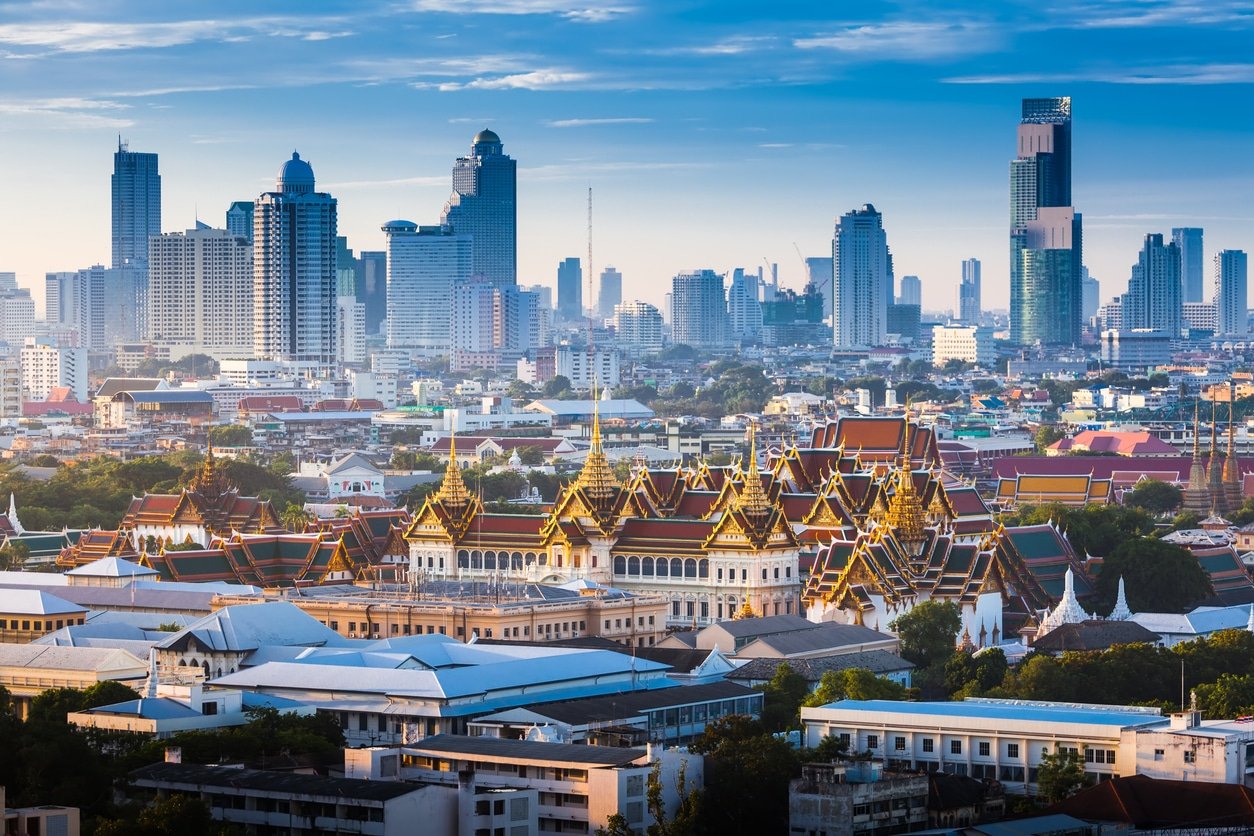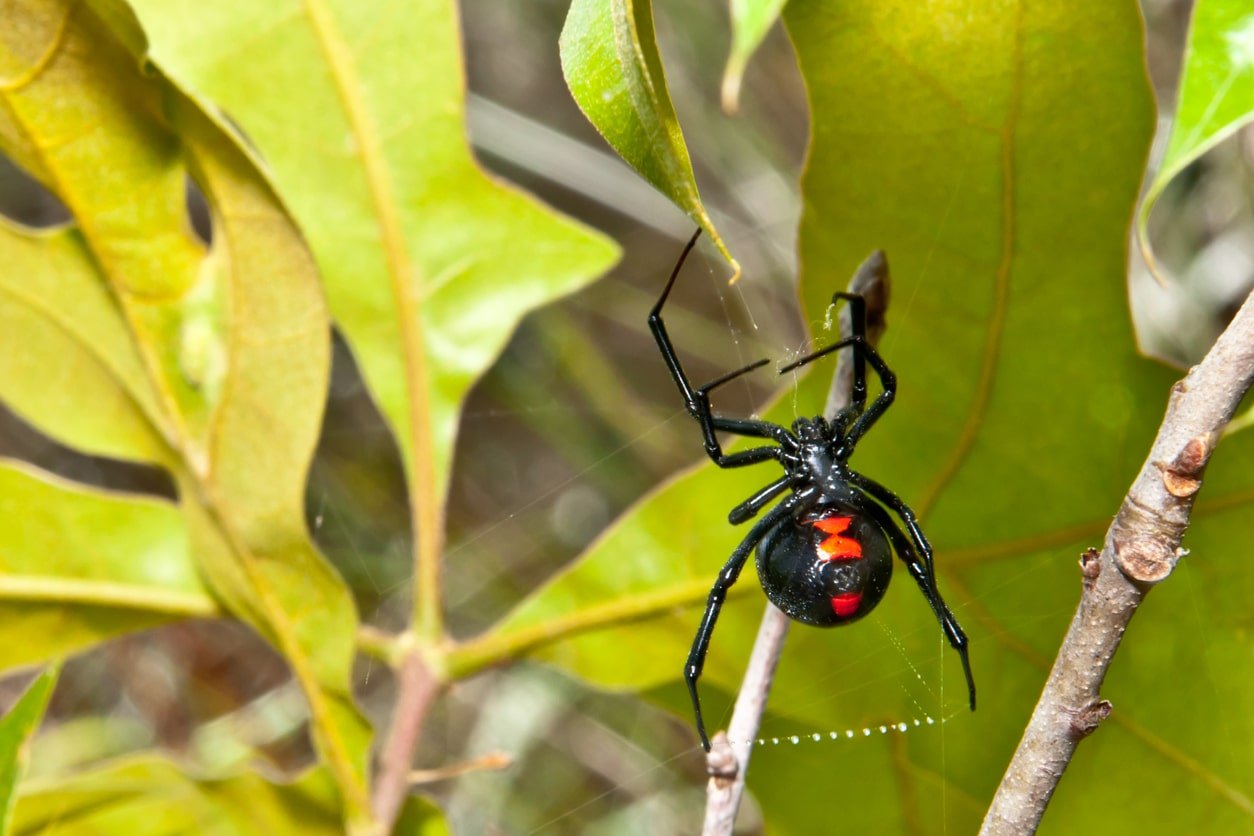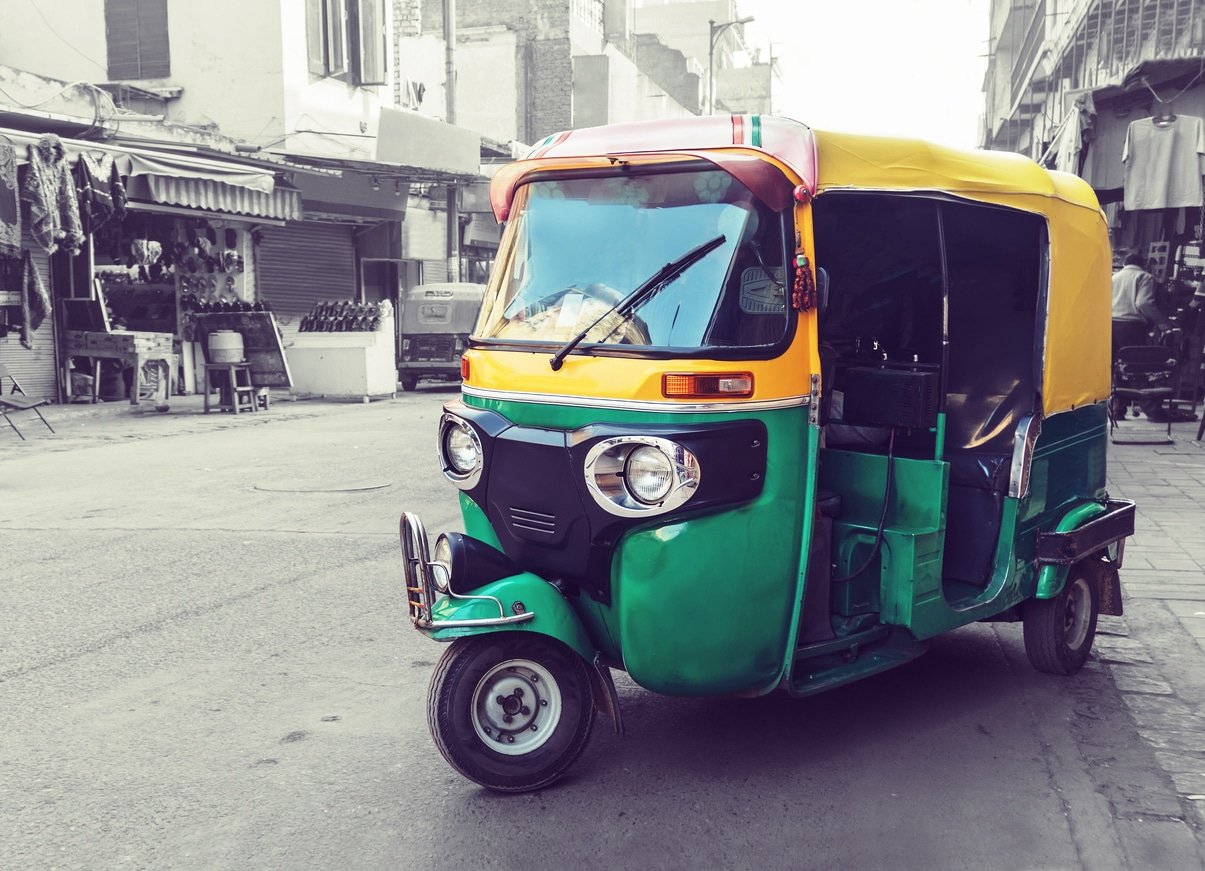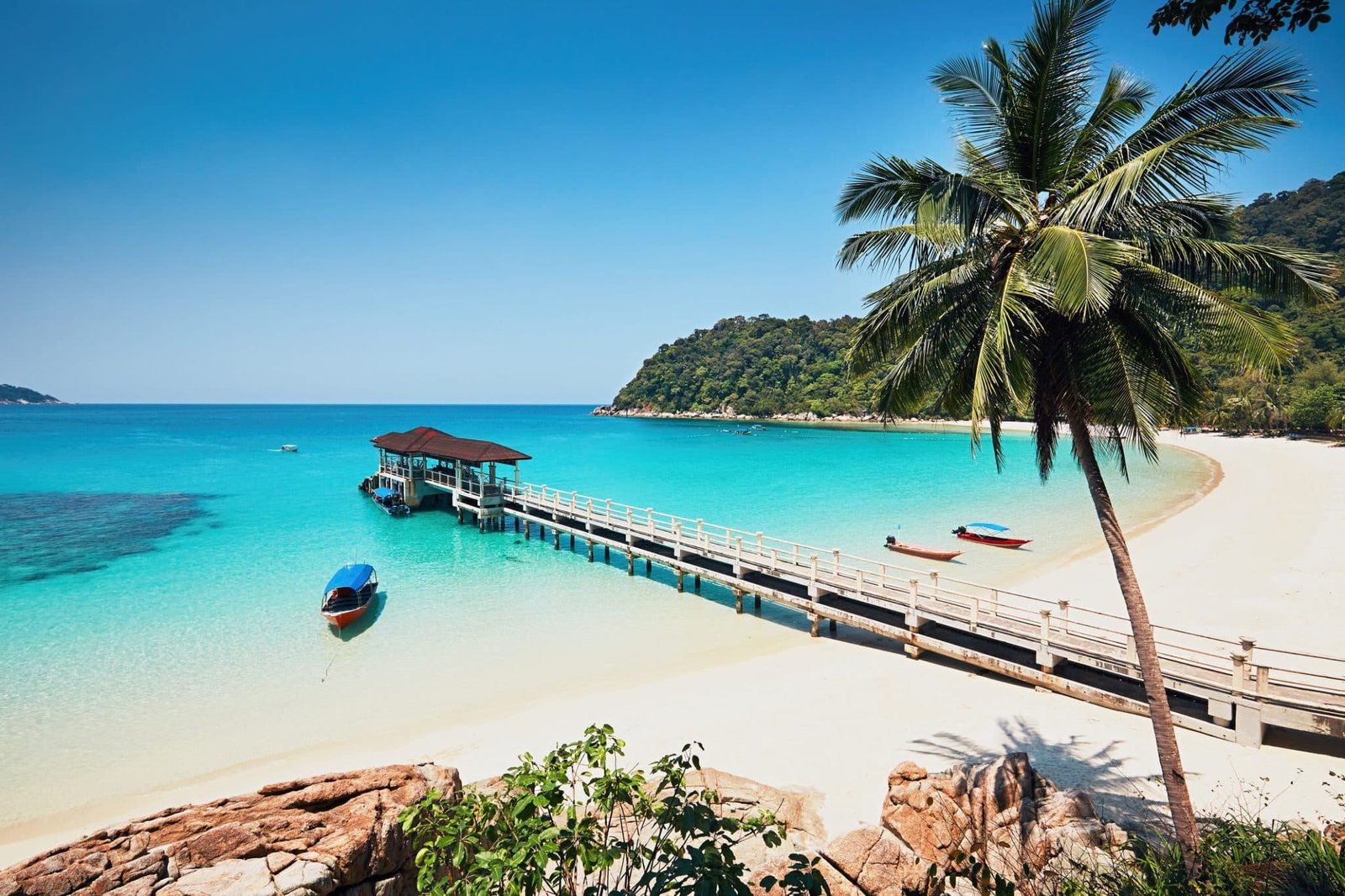Scams In Thailand: Common Hustles, Tourist Traps & Staying Safe
|
Prefer listening over reading? We got you covered!
Getting your Trinity Audio player ready...
|
This article is part of Wandering our World’s new ‘Scam Series‘ – a series of articles written by expats, locals and experts with tips and info to avoid being taken advantage of when on holiday.
So, you’re looking to venture into the unknown for this year’s vacation – your first trip to Thailand. In life, whenever we stray from our normal paths, questions arise. And for those looking to visit Thailand for the first time, often one of those questions is “is it safe?”
The answer, thankfully, is “yes.”
Generally speaking, Thailand is a very safe destination, but as with any major hub of tourism, common sense is needed to ensure your vacation is mishap-free and that you don’t fall for any tourist hustles or common Thailand scams.
As long as you keep our below tips in mind, you should have the time of your life enjoying Thailand’s idyllic beaches, the tropical climate, the delicious local food, and the welcoming nature of the Thais.
Fondly referred to as The Land of Smiles, Thailand has been wowing visitors to its shores for many years.
But it’s not always sun, sea, sand, and smiles. Occasionally, things take a turn for the worse, as they can do in any tourist destination.
As tourists, we often let our guards down, especially once the sun has gone down. But in any tourist destination you visit, you are warned to keep your guard up, especially in crowded areas.
So, let’s have a run through of the situations in which you should be more vigilant, in order to ensure your first Siamese sojourn is nothing but delightful. We’ll show you the common scams in Thailand that tourists have to be wary of, as well as ways to stay safe, save money, and how you can stop being taken advantage of.
Let’s get started!
CONTENTS:
- Airports
- Taxis
- Tuk-Tuks
- Scooter Hire
- Jet Skis
- Train Tickets
- National Parks
- Nightlife/Ping Pong
- Narcotics
- Grand Palace
- Tailors
- Our Final Thoughts

1. Airports
For many, the first port-of-call in Thailand will be Suvarnabhumi International Airport in Bangkok. And the good news is that this modern, new airport is pretty safe and hassle-free.
Traditionally, ports of entry can be a hot-spot for nefarious characters to extort money from unsuspecting, fresh-from-the-plane tourists. But Bangkok isn’t so bad in this respect.
There are a few options to get into the city center and to your accommodation. If you follow the signs to the taxi ranks, you will be pleasantly surprised that you will not need to negotiate a price – you pre-pay your taxi at the counter, and the rates are fixed.
The drivers may ask if you wish to pay a little extra to utilize the toll roads on your way into central Bangkok. And if you have arrived around rush hour, this can be a quicker option and will help beat some of the traffic.
Alternatively, you may be able to use the Airport Rail Link (ARL) to reach your accommodation. This is a quick and cheap way to get to your hotel, but the service has limited stops, so it may not be suitable for your hotel.
You can also switch to the Bangkok Mass Transit System (BTS) or the Metropolitan Rapid Transit (MRT) at Phaya Thai station to get closer to your final destination. And for backpackers being mindful of their budgets, the public bus system is also a safe option.
Phuket International Airport has recently undergone an extensive expansion program and is receiving an ever-increasing number of international flights.
Travelling from the airport to your hotel might not be as cheap and smooth in Phuket as it usually is in Bangkok. Phuket is Thailand’s largest island, and its airport is tucked away in the north-western corner of the island; your hotel may be more than thirty kilometers away, so you will need transport.
Taxis at Phuket airport are controlled but not necessarily controlled by the authorities. People often talk of the ‘Phuket Taxi Mafia’, and whether this is actually a ‘thing’ or not, the taxi prices are fixed, the drivers will not turn on the meter, and you will not be able to negotiate a lower price.
However the recently-launched Phuket Smart Bus service travels from the airport along Phuket’s west coast – where the vast majority of tourist accommodation is located – and is a cheaper alternative.
You can also purchase a seat in a minivan, which will be much cheaper than a private taxi. Alternatively, you may be able to arrange a private transfer with your hotel.

2. Taxis
We have covered airport taxis already, but how about the regular taxis operating away from the airports?
Again, in Bangkok, most taxi drivers are completely above board and will be happy to put the meter on and take you exactly where you want to go. Most… There are some who may take you on “the scenic route” to your hotel, and we’ll discuss that below.
Away from Bangkok, you may have to use more caution when using a metered taxi. For example, in Phuket, taxis will have meters, but the driver will not want to use them.
Similar to the taxis from Phuket Airport, the other taxis on the island are ‘controlled’ too. The prices are notoriously high, and it’s extremely difficult to get the driver to lower them, as he will then have problems with his colleagues and boss.
Alongside the regular taxis in Phuket are the ubiquitous ‘tuk-tuk’ minivans.
In Phuket, the tuk-tuks are not usually the traditional three-wheelers that you see in Bangkok, but are more likely to be Daihatsu Hijet minivans with two bench-seats in the back. Again, the prices are high and non-negotiable.
The alternative is to download and use the Grab app, where you can see the prices before selecting a driver.
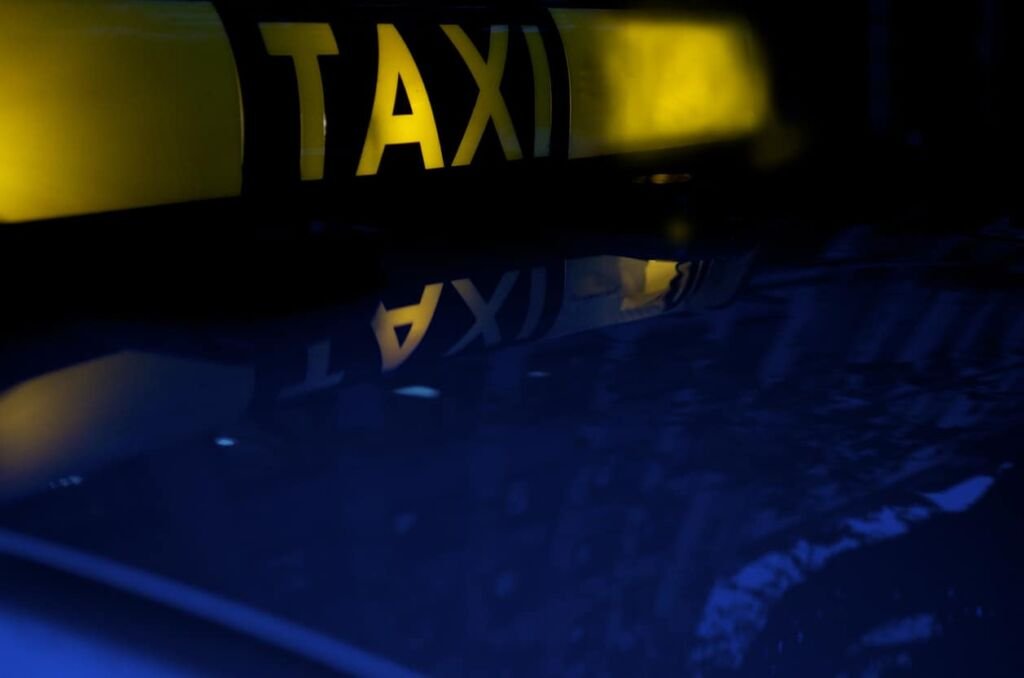
3. Tuk-Tuks
We’ve mentioned the tuk-tuk minivans in Phuket; now we’re going to focus on the tuk-tuks in Bangkok and what to be vigilant about when using their services.
The issue you may experience in Bangkok is getting the driver to go straight to your chosen destination. The driver may want to take you to one of his friend’s shops en route. This can be time-consuming at best and very expensive at worst.
Often, this situation starts with a driver quoting a very low price for your journey, and when you agree, he may mention that his friend has a shop selling gems, antiques, or gold. He will ask if you would like to go, and he will inform you that there is no obligation to buy anything.
Sometimes they tell you that they will get a fuel voucher for bringing you there, so that it seems you are doing them a favor in return for them offering you a low price for the tuk-tuk journey. Be aware that once you arrive, the hard-sell will begin and you could find yourself in an intimidating situation.
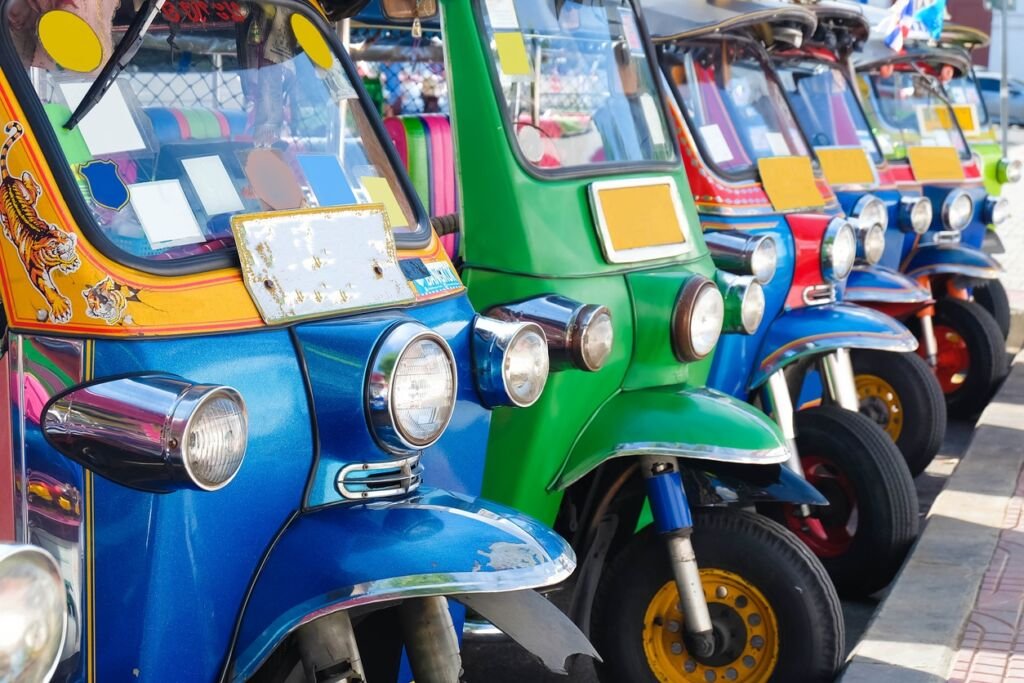
4. Scooter Hire
Firstly, in order to legally drive in Thailand, you should have the relevant license. And for Thailand, that is either a Thai driving license or an International Driving Permit.
Having the correct documentation is the first step in ensuring you have no issues when renting a scooter. If you are involved in an accident and you do not have the correct documentation, the scooter rental will become very expensive very quickly.
Something to be careful of when hiring a scooter is what type of deposit the company is asking for. Bear in mind that, in most circumstances, it is illegal to give them your passport, but they often ask for it.
It is therefore much better to offer a copy of your passport, so maybe get this in advance of heading to the rental shop. If you give them a copy of your passport, they may also ask for a few thousand baht as additional security.
Before you drive away, make sure you examine the vehicle and note any damage already in place. Often, the company will do this with you and will film the inspection on their phone; you should also film it.
Also, make sure you have a helmet for each person that will be on the bike. Phuket, for example, has many police road blocks in between the different beach areas, and they will happily take a 200 baht fine from anybody not wearing a helmet.
And if you haven’t got the correct documentation to legally drive in Thailand, they may ask you for more money on top of the helmet fine.
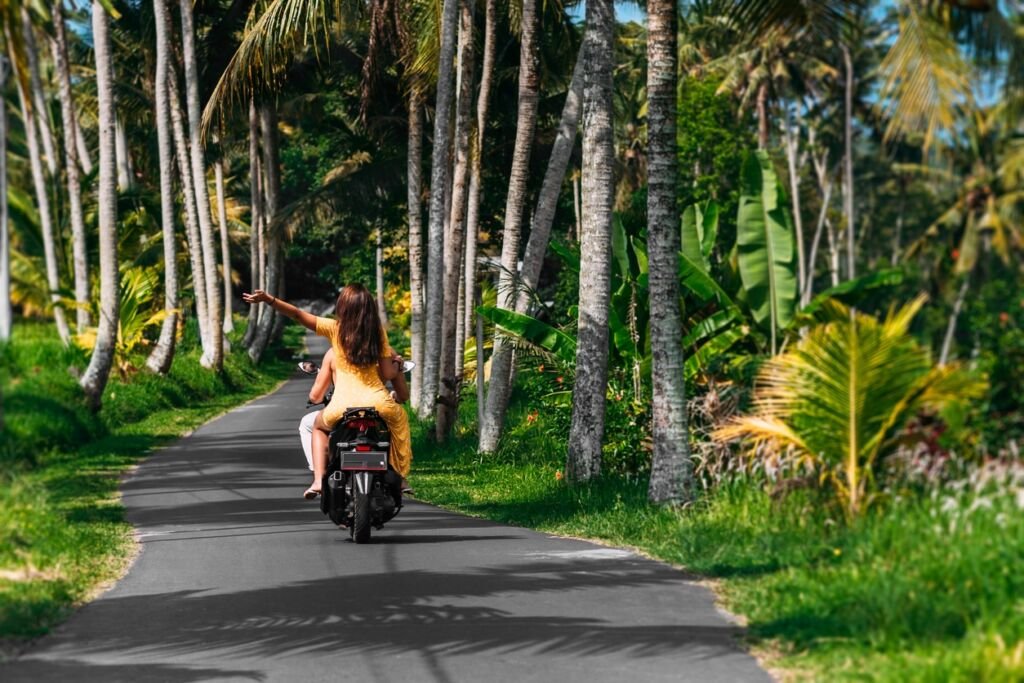
5. Jet Skis
This is a long-standing classic common scam in Thailand.
It’s the first morning of your holiday. You rush down to the beach, and upon seeing the jet skis lined up on the beach, decide ‘that’s for me!’
But don’t be too quick to rush into the water and zip around the ocean. You need to check the jet ski for damage before starting your fun, much as you would for a scooter rental too.
The classic hustle is that when you have finished your fun and you return the jet ski, some damage will have appeared that was not there before, and you will be asked to pay a large fee to cover this. Again, closely check the jet ski for damage before you set off into the surf.
One way in which this hustle plays out is that when you are asked to examine the jet ski before driving it, the jet ski will already have been pushed into the water. The problem here is that you will no longer be able to see any damage that is below the waterline.
Upon finishing your fun, when you return the jet ski, a staff member will step into the water to meet you, and then immediately pull the jet ski up onto the sand. At this point, the damage that was below the waterline before will now be visible, and you will not be able to prove that it was there before you rented the jet ski.
At this point, many will start to argue with the jet ski operators. They will start talking about calling the police, and the police will arrive suspiciously quickly, as often they are in on it too, and will get a cut of any profits.
Your best bet here is to involve the Tourist Police, rather than the brown-uniformed local police. The Tourist Police wear white shirts and dark trousers and are in place to help tourists. Have their number saved, just in case…

6. Train Tickets
If you are traveling around Thailand by train, be careful of where you purchase your tickets from.
A common hustle is that a local will approach a tourist at the train station and ask where they are going. Whichever answer they receive, they will then inform the tourist that the tickets for that particular service are sold out, but they have a friend who owns a travel agency which has a few tickets left over.
It’s best to know in advance how much the tickets are for your proposed journey, so you don’t end up paying double or triple the face value at one of these dodgy travel agencies.
In worst-case scenarios, the ticket they sell you may be completely fake, and you will lose your money and still have no valid means of getting on the train for your journey.
The easy way to avoid this situation is to only get your tickets directly from the train company – either at the counter inside the railway station, or by using the official State Railway of Thailand (SRT) website, called D-Ticket.

7. National Parks
Some visitors may be irritated by the entry fees to Thailand’s national parks as Thailand runs a dual-pricing scheme, or two-tiered pricing, in many tourist locations.
The argument from the Thai government is that ‘farangs’ (Thai for foreigners) earn more money and the government wants to ensure that Thais can still afford these locations.
Some museums and places of national interest, besides national parks, will operate the dual pricing. This is often visible by inspecting the signage, but sometimes the Thai prices are written entirely in Thai with Thai numerals, rendering them indecipherable to those who cannot read Thai.
The main frustration is that the difference between the two prices can be quite significant—the entry fee to a national park is often 200 baht for a farang, but just 20 baht for a Thai national.
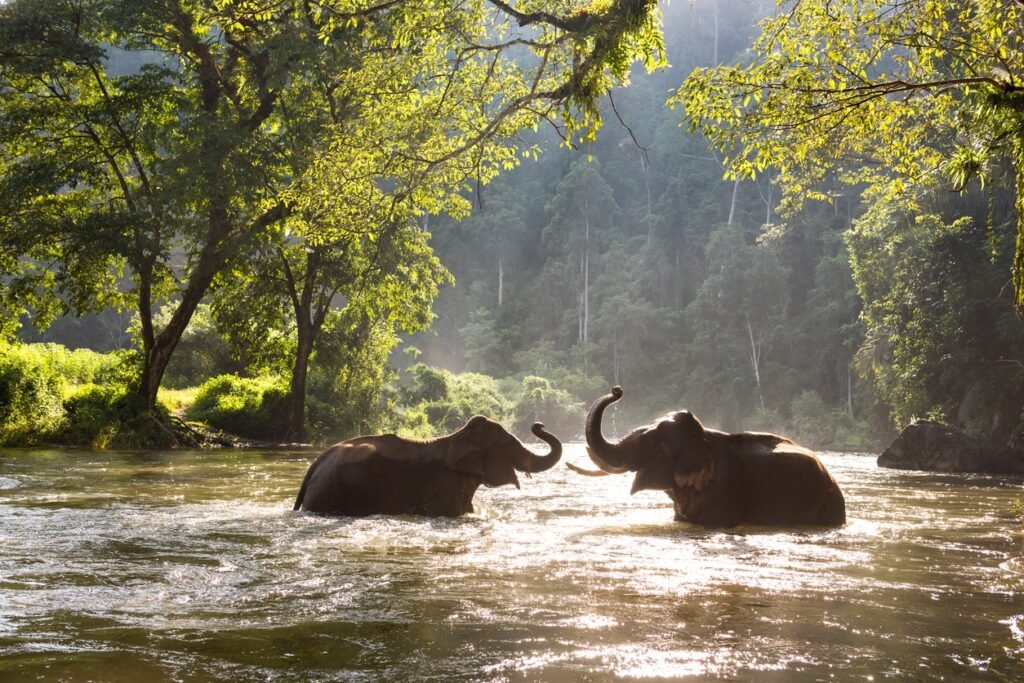
8. Nightlife/Ping Pong
If you plan to overindulge after dark, try to keep your wits about you. This is true anywhere in the world, but we’ll have a look at some of the red flags to watch out for whilst enjoying the vibrant Thai nightlife.
On the whole, a big night out in Thailand can be awesome, and by and large, that’s the experience most people will have.
However, there are tales of unscrupulous bar staff and entertainment workers taking advantage of inebriated, naïve tourists.
Firstly, keep an eye on your bill – in most Thai bars, you will be asked to pay at the end, rather than as you go. If your drinking session gets a bit rowdier than you planned, and you are a little worse for wear when it’s time to settle the tab, be vigilant of extra items appearing on your bill.
Query anything you are not sure of in a relaxed, friendly manner—it may just be a mistake.
If you’re a lone male traveler or a group of males-only, be aware of the dual pricing on the drinks. Often, the pretty wait staff will ask if you would also like to buy a drink for them. The price you pay for your own drink will not be the same price that you pay for a ’lady drink’, even if it is exactly the same drink. You are also paying for her time and conversation. And the requests for drinks for the ladies will keep coming.
Always ask for the prices first, otherwise you may get a shock when you settle the bill before leaving. And always check your change – if you paid with a 1000 baht note, make sure you didn’t get change for 500 baht only.
And then we come to the infamous Thai ping-pong shows.
If you are wandering the streets late at night, you may be approached by someone with a price list for the ping-pong shows.
These shows have long been a part of Thailand’s nightlife scene, but some are pure hustles—the show will be terrible, and when you come to pay the bill, the drink prices will be extortionate. These places are often down a quieter side street, and it will become very difficult to leave without paying up.
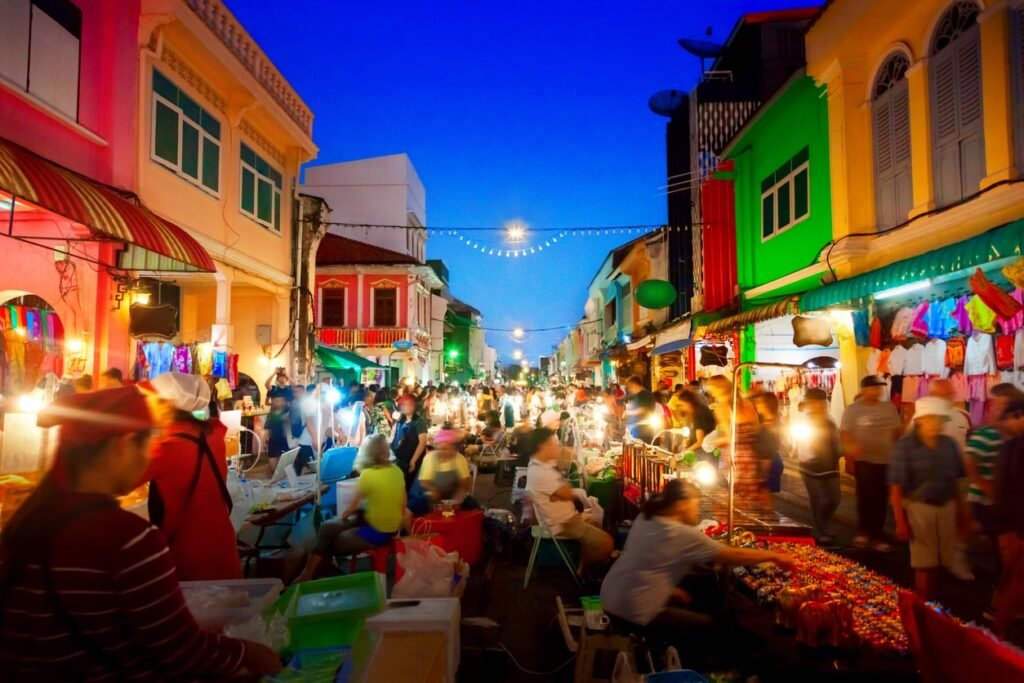
9. Narcotics
You may be aware that Thailand has recently relaxed some of its laws regarding the use of narcotics, but you could still find yourself in very hot water.
The Thai government has reclassified marijuana, and the new laws are still not fully clear, unless you happen to be an expert in Thai law and the Thai language. Different people will give you different interpretations of these new laws, and if you are talking to someone who is selling these products, the version of the law they give you may not be 100% correct.
Aside from the obvious legal issues, the purveyors of illegal or semi-legal pharmaceuticals have been known to work with the police. After a sale is made, they tip off their friendly law enforcement officer, and you will be stopped and searched. And fined. Heavily fined.
The police officer will get the cash, and the person who sold you the substance will probably have it returned to him by the police. You will end up with nothing but an empty wallet, at best.
Whilst it’s obviously better to avoid situations like this, if you do find yourself faced with a large fine, the best thing to do is pay it.
If you argue and demand to see the officer’s superior, all that will likely happen is the higher-ranking officer will demand a higher fine than the initial one.
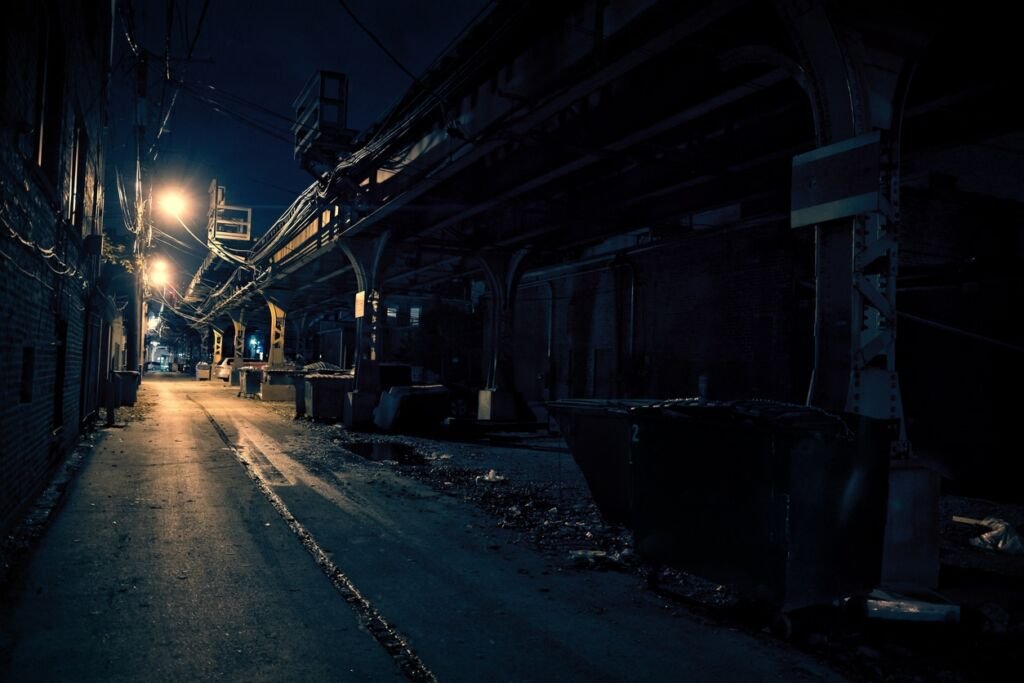
10. Grand Palace
The official residence of the Thai monarch, The Grand Palace, is a must-see for anybody visiting Bangkok for the first time.
This stunning complex next to the Chao Phraya River offers great insight into Thai culture and history, as well as being the home of the Temple of the Emerald Buddha, also known as Wat Phra Kaew.
But be on guard when you are nearing this popular attraction. It’s not uncommon for tourists to be approached and told that the palace is closed and no further tickets will be issued on that day. That person will then present you with a different plan for your day—he will know the best temples to visit, with no tourists, and offer to take you there. Of course, you will also end up visiting lots of his friends’ shops and being given a hard sell each time.
Meanwhile, the Grand Palace is open and mesmerizing the tourists who didn’t fall for the “it’s closed” line with its architecture and temples.
Although this hustle is common at the Grand Palace in particular, it sometimes happens at other major tourist attractions too.
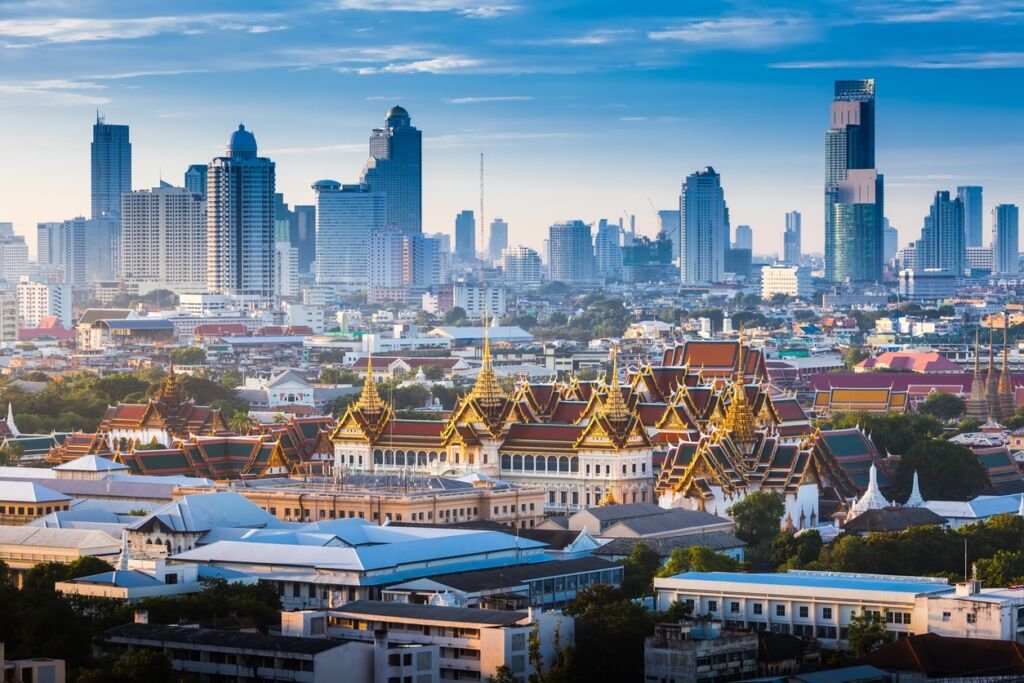
11. Tailors
If you take a stroll down a road in a popular tourist destination within Thailand, chances are someone will approach you and invite you to enter their tailor’s shop to get a new, cheap suit made.
While there are many excellent tailors within the kingdom, keep your guard up here too. And definitely avoid tailors recommended by tuk-tuk drivers.
If you end up inside one of these establishments, you will be shown an array of well-made suits and shirts, and the prices will be very appealing. If you agree to have a suit made, the one you receive will often be of much lower quality than the one you were shown in the shop.
And definitely be weary if they suggest posting the finished suit to your home country so you don’t have the extra luggage to traipse around with on your vacation.
If you are looking to get some clothes tailored in Thailand, you should do some research regarding which tailor to visit.

Our Final Thoughts
Thailand is a fantastic country to visit on vacation. But as with any major tourist destination, you should keep your eyes and ears peeled, and if anything seems too good to be true, it probably is.
Chances are, you will have the holiday of a lifetime and love every minute of your time in Thailand. However the reality remains that common scams in Thailand do exist.
Be extra vigilant in busy locations, just as you would in Times Square or around the Eiffel Tower, and keep a tight hold on any bags.
Don’t leave your belongings unattended at the beach, and pay attention to any of the warning signs mentioned above.
Stay extra alert when approaching busy tourist attractions, and make sure you agree on a fee in advance when taking taxis or tuk-tuks.
Aside from that, enjoy the hot tropical sun, the white-sand beaches, the delicious-but-spicy food, the historic temples, and the on-the-whole amazing Thai hospitality.


